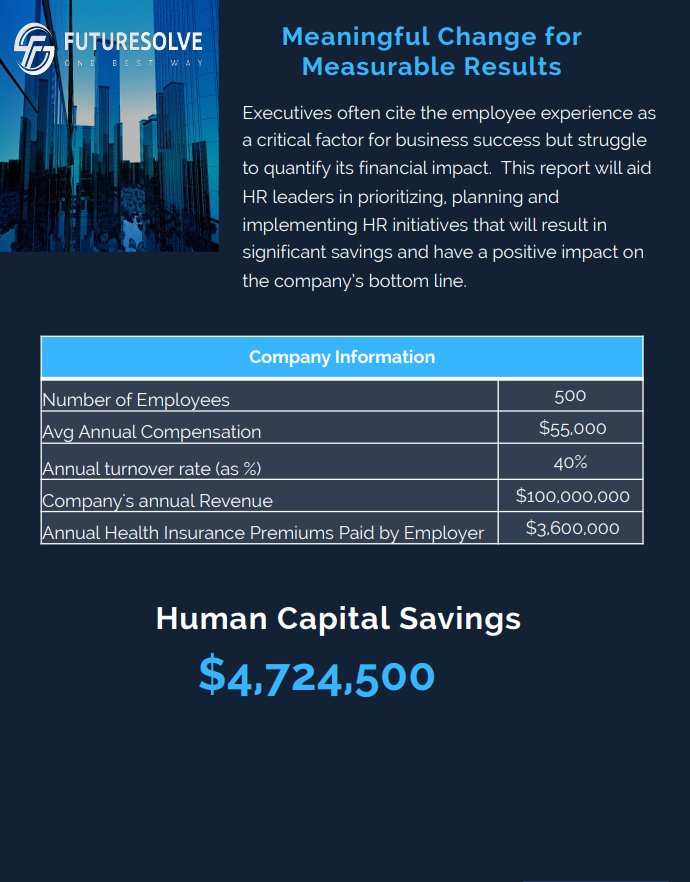In the ever-evolving landscape of business, Human Resources (HR) services stand as the backbone of organizational success. From talent acquisition and development to employee engagement and compliance, HR services play a pivotal role in driving productivity, fostering a positive work culture, and ensuring legal and ethical standards are met. In this blog, we’ll explore the significance of HR services and the diverse array of functions they encompass.
The Essence of Human Resources Services
At its essence, HR services encompass a wide range of functions aimed at maximizing the potential of an organization’s most valuable asset—its people. Whether it’s attracting top talent, nurturing employee development, or maintaining a safe and inclusive work environment, HR services touch every aspect of the employee lifecycle. Some key areas of HR services include:
- Talent Acquisition and Recruitment: HR services encompass the process of sourcing, attracting, and hiring qualified candidates to fill open positions within the organization. This includes crafting job descriptions, conducting interviews, and negotiating employment offers.
- Onboarding and Orientation: Once candidates are hired, HR services facilitate their seamless integration into the organization through comprehensive onboarding and orientation programs. These programs provide new employees with the information, resources, and support they need to hit the ground running and thrive in their roles.
- Employee Relations and Engagement: HR services focus on cultivating positive relationships between employees and the organization, fostering a culture of trust, respect, and collaboration. This includes addressing employee concerns, resolving conflicts, and implementing initiatives to enhance employee morale and engagement.
- Performance Management: HR services encompass processes and systems for setting performance expectations, providing feedback, and evaluating employee performance. This includes conducting performance reviews, identifying development opportunities, and rewarding high performers.
- Training and Development: HR services facilitate the ongoing learning and development of employees through training programs, workshops, and professional development opportunities. This ensures that employees have the knowledge, skills, and competencies needed to excel in their roles and contribute to organizational success.
- Compensation and Benefits Administration: HR services manage compensation and benefits programs that reward employees for their contributions and support their overall well-being. This includes administering payroll, managing employee benefits such as healthcare and retirement plans, and ensuring compliance with legal and regulatory requirements.
- Employee Health and Safety: HR services play a crucial role in promoting a safe and healthy work environment for employees. This includes developing and implementing workplace safety policies, conducting risk assessments, and providing resources for employee wellness initiatives.
- Compliance and Legal Support: HR services ensure that the organization complies with relevant labor laws, regulations, and industry standards. This includes staying up-to-date on changes in employment law, providing guidance on legal matters, and conducting investigations into compliance issues.
The Significance of Human Resources Services
The significance of HR services cannot be overstated in today’s competitive business landscape. Here are some key reasons why HR services are essential for organizational success:
- Strategic Alignment: HR services align HR practices and initiatives with the organization’s strategic goals and objectives, ensuring that human capital management contributes to overall business success.
- Talent Management: HR services attract, retain, and develop top talent, creating a skilled and engaged workforce that drives innovation, productivity, and competitive advantage.
- Employee Experience: HR services focus on creating a positive employee experience that fosters engagement, satisfaction, and loyalty, leading to higher levels of performance and retention.
- Risk Mitigation: HR services help mitigate legal and compliance risks by ensuring that HR policies, procedures, and practices are in accordance with applicable laws and regulations.
- Organizational Culture: HR services shape and reinforce the organization’s culture, values, and identity, creating a cohesive and inclusive work environment where employees feel valued and empowered.
- Change Management: HR services support organizational change and transformation by providing guidance, communication, and support to employees during times of transition.
Conclusion
In conclusion, Human Resources services are the cornerstone of organizational success, touching every aspect of the employee lifecycle and contributing to overall business performance. From talent acquisition and development to employee engagement and compliance, HR services play a vital role in shaping organizational culture, driving productivity, and fostering a positive work environment. By investing in robust HR services and strategies, organizations can unlock the full potential of their workforce and achieve sustainable growth and success in today’s dynamic business landscape.





























